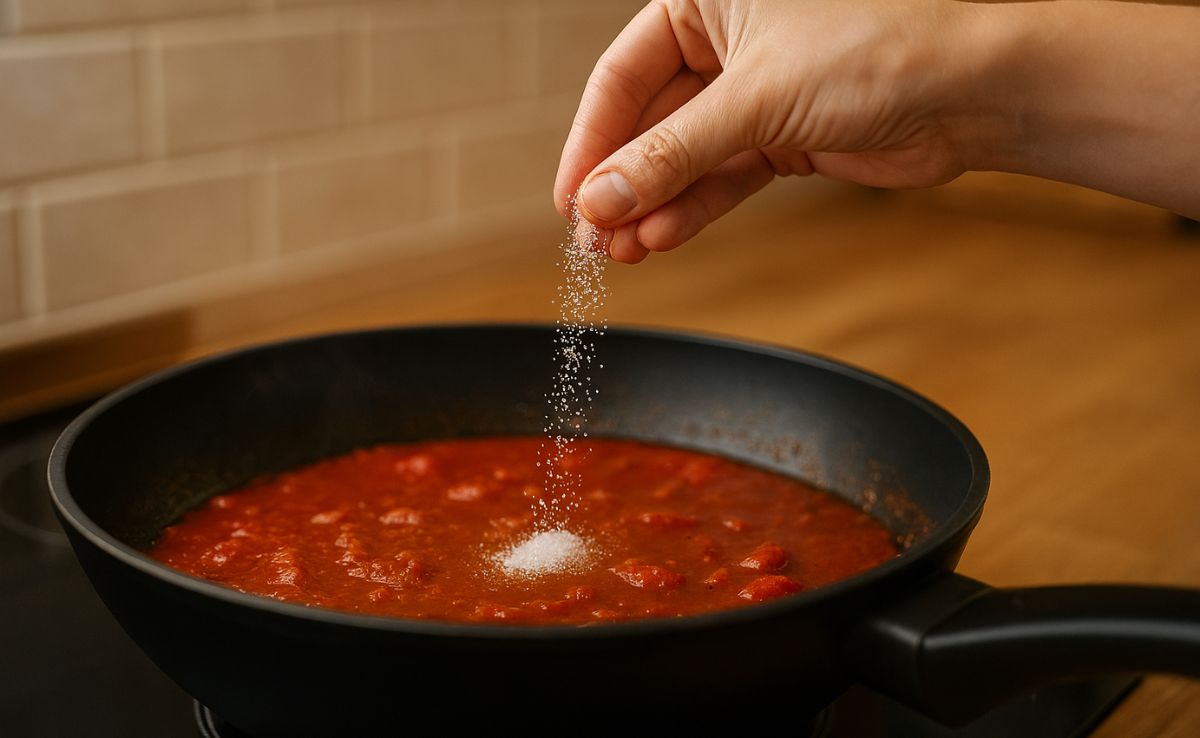Chinese netizens have launched an online campaign against waste on dining tables, calling for people to take leftover food home after banquets and take action to curb waste.Dubbed "Eating up your dishes", the move not only echoes the central government's calls for putting an end to extravagant official banquets, but also reflects citizens' awareness of waste on dining tables.With the Spring Festival, or Chinese lunar new year, approaching, the unofficial campaign has became a hot topic online, reported Xinhua.
"It will be a time for curbing banquet waste," "Haiyuyiliu" wrote on Sina Weibo, China's Twitter, adding that not letting food go to waste will be the most fashionable way to celebrate the festival this year."Haiyuyiliu" is not alone in these sentiments. Many netizens have been outraged by a photo slideshow posted by Xinhua photographers on Sina Weibo of extravagant banquets where untouched food was tossed into garbage cans in the south China metropolis of Guangzhou.For Sina Weibo users, these pictures stand in stark contrast to the last photo of the series, which is of 70-year-old farmer Wang Yizhong, who lives in poverty-stricken Gansu province in northwest China and can only afford to eat meat about 10 times a year.The People's Daily's official Sina Weibo account echoed the call for frugality by inviting more people to join the "eating up your dishes" movement, deeming it an honourable act and a show of self-respect.Statistics show that China wastes 50 million tonnes of grain annually, accounting for one-tenth of the country's total grain output. It is also estimated that enough food to feed 200 million people, about one-sixth of the country's population, goes to waste annually.In southwest China's Guizhou province, one of the country's poorest provinces, about 5 million people received government food provisions in 2012.Professor Zhou Xiaozheng of Renmin University pointed out that in curbing waste on dining tables, the priority should be put on restricting government spending on receptions.Yuan Longping, an agriculture scientist, has even suggested the government move to criminalize such waste."China has a large population and little arable land, and we scientists have worked so hard to improve rice harvests. But after production was increased, people wasted it," Yuan said in an interview with China Central Television (CCTV) Wednesday, adding that he proposes the government enact regulations to treat food waste as a crime.Chen Daifu, a delegate to the National People's Congress (NPC), China's top legislature, shares Yuan's thoughts.Chen told Xinhua that he and other delegates have proposed a law to curb and prevent food waste, as well as punish those responsible for wasting food.
"It will be a time for curbing banquet waste," "Haiyuyiliu" wrote on Sina Weibo, China's Twitter, adding that not letting food go to waste will be the most fashionable way to celebrate the festival this year."Haiyuyiliu" is not alone in these sentiments. Many netizens have been outraged by a photo slideshow posted by Xinhua photographers on Sina Weibo of extravagant banquets where untouched food was tossed into garbage cans in the south China metropolis of Guangzhou.For Sina Weibo users, these pictures stand in stark contrast to the last photo of the series, which is of 70-year-old farmer Wang Yizhong, who lives in poverty-stricken Gansu province in northwest China and can only afford to eat meat about 10 times a year.The People's Daily's official Sina Weibo account echoed the call for frugality by inviting more people to join the "eating up your dishes" movement, deeming it an honourable act and a show of self-respect.Statistics show that China wastes 50 million tonnes of grain annually, accounting for one-tenth of the country's total grain output. It is also estimated that enough food to feed 200 million people, about one-sixth of the country's population, goes to waste annually.In southwest China's Guizhou province, one of the country's poorest provinces, about 5 million people received government food provisions in 2012.Professor Zhou Xiaozheng of Renmin University pointed out that in curbing waste on dining tables, the priority should be put on restricting government spending on receptions.Yuan Longping, an agriculture scientist, has even suggested the government move to criminalize such waste."China has a large population and little arable land, and we scientists have worked so hard to improve rice harvests. But after production was increased, people wasted it," Yuan said in an interview with China Central Television (CCTV) Wednesday, adding that he proposes the government enact regulations to treat food waste as a crime.Chen Daifu, a delegate to the National People's Congress (NPC), China's top legislature, shares Yuan's thoughts.Chen told Xinhua that he and other delegates have proposed a law to curb and prevent food waste, as well as punish those responsible for wasting food.
Advertisement






